Do you ever wonder about the importance of gratitude? A person who is grateful tends to spend less time comparing themselves with others and feeling envious. Wouldn’t it be great if we could teach our students to feel more grateful? This episode explores why & how we should be teaching our students about gratitude. Tune in below to learn more and don’t forget to check out the links and resources section at the bottom of the page!
Links & Resources
- The Digital SLP Membership
- 5 Videos That Teach Children Gratitude
- Gratitude Freebie Handout
- Harvard Health
- Greater Good Science Center
Full Transcript of Podcast: Why & How we Should be Teaching our Students about Gratitude
Episode 59: Why & How we Should be Teaching our Students about Gratitude
You're listening to the Speech Space Podcast, a podcast full of tips and resources for SLPs. I'm your host, Jessica Cassity, and this is Episode 59.
Hey, everybody, I hope that you all are doing well. I'm not sure if any of you noticed, but last month, the month of December, I actually did not put out any podcasts. So if any of you are wondering if I was going to disappear, I'm not, I'm still planning on continuing to podcast. November was just a rough month for me and with the holidays. I figured that it would be a good time to step back for a little bit and take a little mini-break. But I'm back today and we're going to be talking about gratitude. But before I get started, I wanted to let you know this podcast is brought to you by The Digital SLP membership site, which is a site that features time-saving, no print, and low prep resources for SLPs. The membership door's just opened up. I'm so excited and they're going to remain open up until, let's see Friday, January the 24th. So you can learn more about the membership by heading over to thedigitalslp.com/digitalslp.
All right. So let's go ahead and jump on in and talk about why and how we should be teaching our students about gratitude. All right. So let's go ahead and start off with the basics. What is gratitude? Gratitude is the quality of being thankful, readiness to show appreciation for, and to return kindness. So why is it important that we teach gratitude to our students? So not only is it important to have good manners and say, thank you, but according to everydayhealth.com, gratitude can decrease stress and has other important emotional health benefits. So a person who is grateful tends to spend less time comparing him- or herself with others and feeling envious. One way that I have tried to bring gratitude into my sessions is to use some videos about gratitude, just some short little clips. So if you're looking for an easy way to work gratitude in your sessions, I did create a blog post called Five Videos That Teach Children Gratitude. And there is a little bit of something for everyone on that post. Like I said, these are short video clips, and they're a great way to start the conversation about gratitude. You can access that by going to bitly.com/gratitudeteach. And not only is this a blog post with some great video clips, but I also even created a little freebie there to go along with it. So your students can go on a gratitude scavenger hunt, which is really great for working on speech and language skills.
The next thing I would suggest if you're looking to incorporate some gratitude exercises or just lessons about gratitude would be to incorporate some books on gratitude. So I'm going to share a few of my favorites. During Thanksgiving and December, we talked about gratitude a lot, and one of the books that we read is called Last Stop on Market Street. And in this book, a little boy's Nana does an amazing job teaching him all about being grateful. They take a bus trip to a soup kitchen, and along the way, little CJ asks lots of questions that his Nana answers, oh, so beautifully and perfectly with some of the best responses that I've ever heard. And she answers these questions he has all in a way that teaches this young boy to be grateful for what he has and to find the good in things. So I highly recommend that book. Another book is called Those Shoes and in this story, a young boy is longing for a brand new pair of shoes, a very special pair of shoes that he wants so badly. And he ultimately ends up giving his away once he gets them and being thankful for having a new pair of boots on a cold snowy day, rather than longing for those fashionable shoes that all of his classmates had. So it was a very heartwarming and an easy read. And I would recommend that as well. The last book that I'm going to recommend is called The Very Fairy Princess: Attitude of Gratitude. And in this book, there's a fairy princess named Jerry and she experiences a sequence of unfortunate events, but she learns how to put a positive spin on those negative events and to view them with an attitude of gratitude. So it's a cute little book. And for those of you who might be driving or something right now, don't worry about writing these books down. I will list them in the show notes. You can find them by going to thedigitalslp.com/podcast, and all my podcasts are there. And you can easily access the show notes, or if you want to be taken right to the episode and go to bitly.com/TSSEP59.
So now that we have talked about gratitude with our students through videos and through some books, I wanted to speak for a minute about gratitude in the work setting. So according to the Greater Good Science Center, research has found that 93% of people agree that grateful bosses or more likely to succeed. Eighty-eight percent of people say that expressing gratitude to colleagues makes them feel happier and more fulfilled. And in one study from Harvard University and Wharton, receiving a thank you from a supervisor boosted productivity by more than 50%, that's kind of crazy. Research has also shown that people are less likely to feel or express gratitude at work than any other place. So you might be wondering about some ideas for bringing gratitude into the workplace because gratitude isn't just for kids, right? So here's a couple of ideas that you could try out in your workplace. All right. So one easy idea is to give out blank, thank you cards and ask everyone to write a thank you note to someone at work expressing their gratitude. Another idea is to at the end of meetings, take a few minutes for people to make comments about who and what they were grateful for that day. Of course, this needs to be authentic. And if you're leading a meeting, then obviously you might have more control over, you know, what you talk about and how you allocate the time. But if you do happen to be in a leadership position, then make sure that you take a couple of minutes to acknowledge a few coworkers at the end of each meeting, a little goes a long way. Let's see, another idea is to send a quick email letting someone know why you appreciate them, try to do this once a week. You know, this is good for your mentality as well as for boosting the mood of the recipient.
And don't forget to model gratitude in front of your students. You know, go ahead and tell a teacher or an administrator when you're grateful for something that they've done or something they've made possible for you. Leading by example and demonstration is of course always such a great way to teach a topic. And if you're not feeling grateful about your workplace at the moment, for whatever reason, then you could always do some gratitude exercises on your own. So according to Harvard Health, one group wrote about things that they were grateful for, and that have occurred during the week. And the second group they followed wrote about daily irritations or things that had displeased them. And the third group wrote about events that had affected them, but they put no emphasis on them being positive or negative. So after 10 weeks, they checked in with these folks, and those who wrote about gratitude were more optimistic and felt better about their lives. They also exercise more and had fewer visits to the physician than those who focus on sources of aggravation. So who wouldn't want that? A simple way to practice this is to take an old journal and then each day just jot down a couple of things that you're grateful for. So super simple.
So that is it for me today. Thank you so much for tuning in. I am grateful for you, and I appreciate that you have taken the time to listen to my podcast. I do hope that you find some of these ideas to be helpful. Maybe you can try them out and let me know. You can always email me at jessica@thedigitalslp.com. To access the show notes from today's episode, head on over to bitly.com/TSSEP59. And if you'd like to learn how you can cut back on your prep time, this year, head on over to thedigitalslp.com/digitalslp. Like I mentioned, at the beginning of the show the doors to the membership just opened back up and we'll be closing again on Friday, January the 24th. All right, my friends, that is it for me for today. I thank you for tuning in and I will catch you again in a couple of weeks.

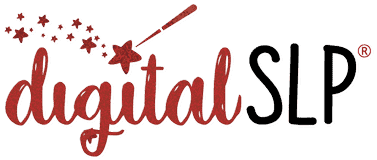
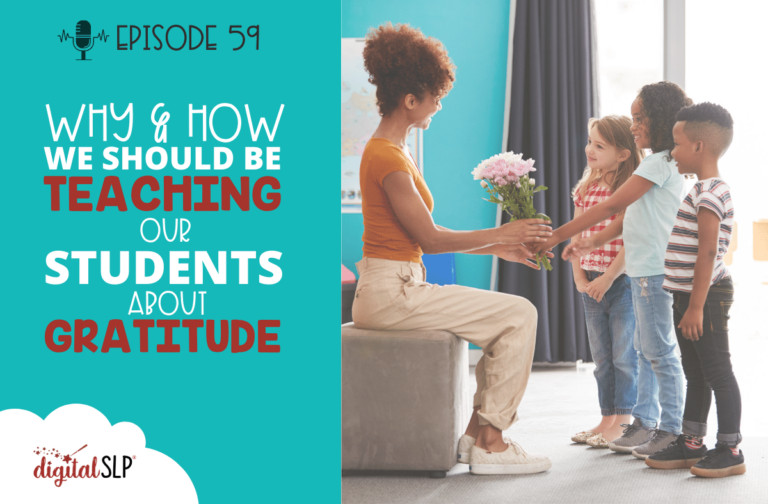
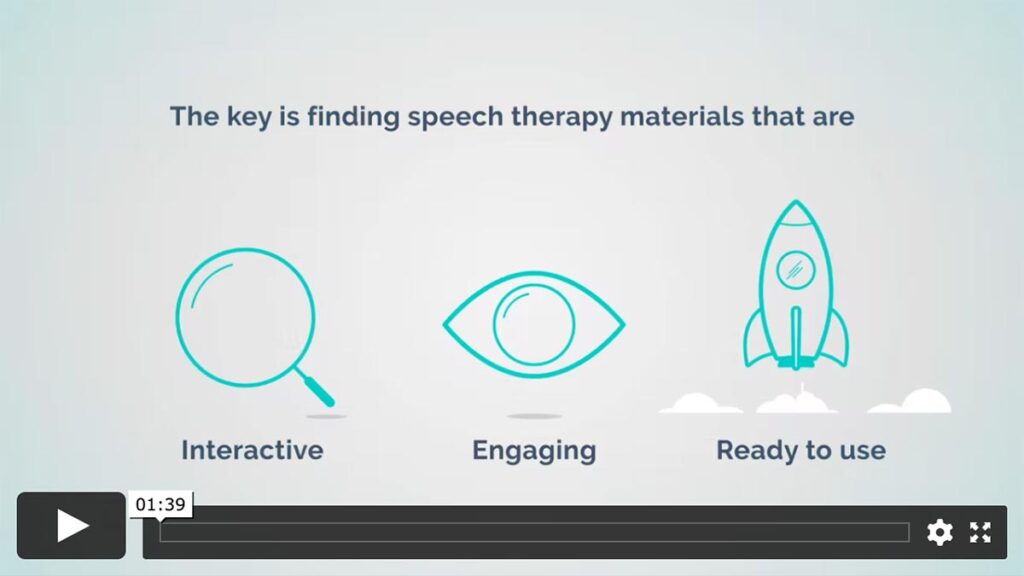
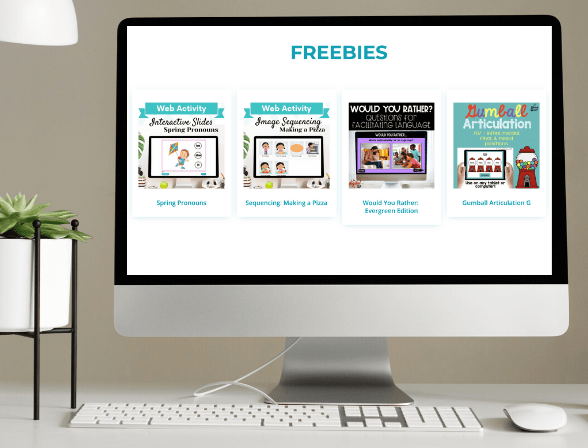
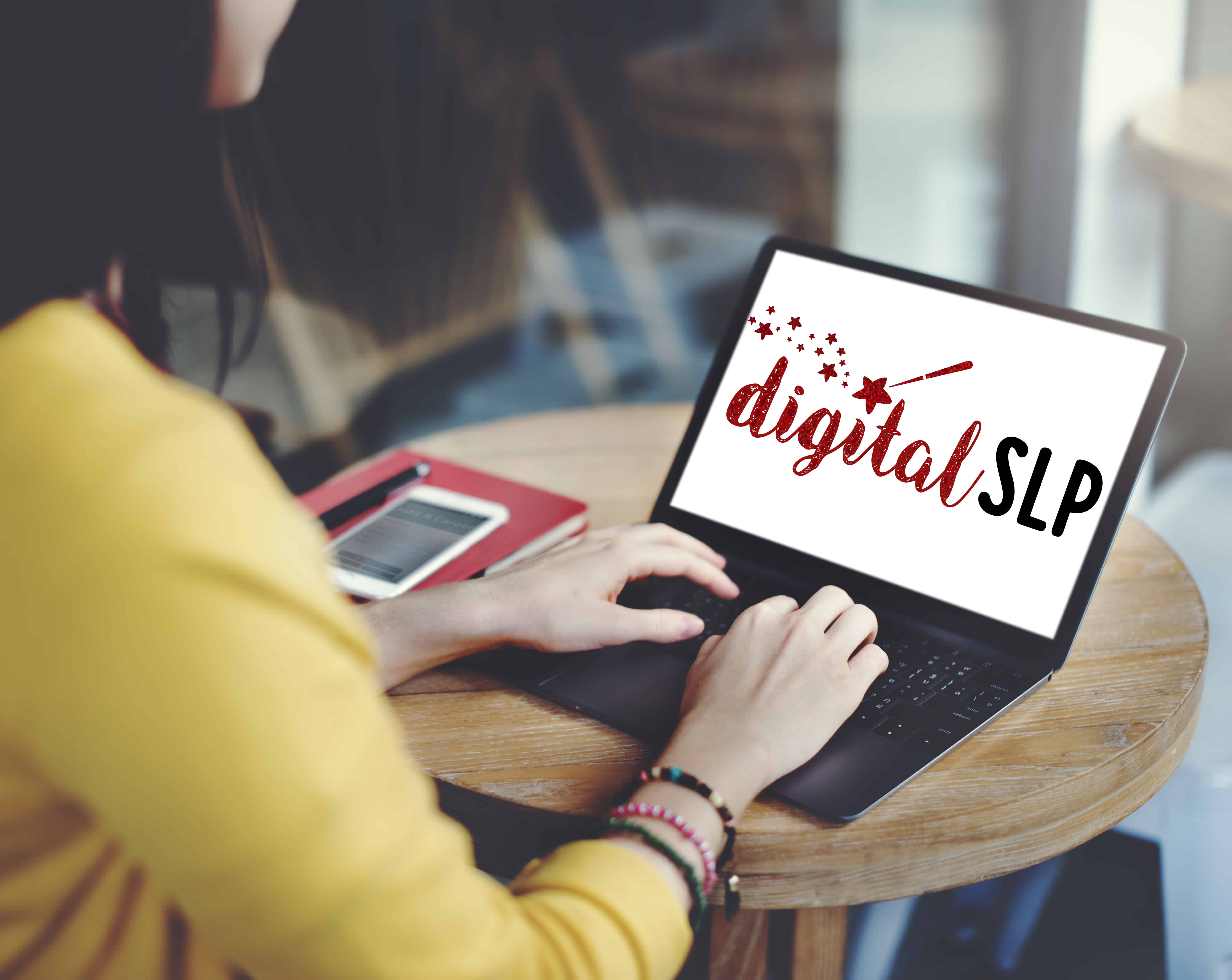
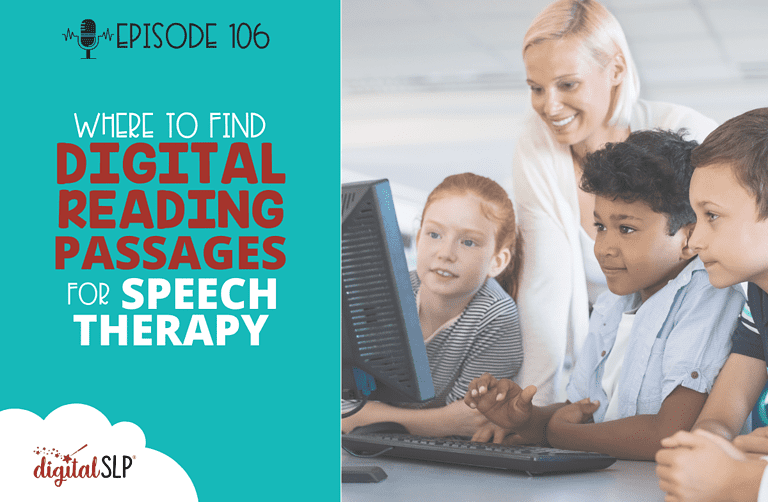
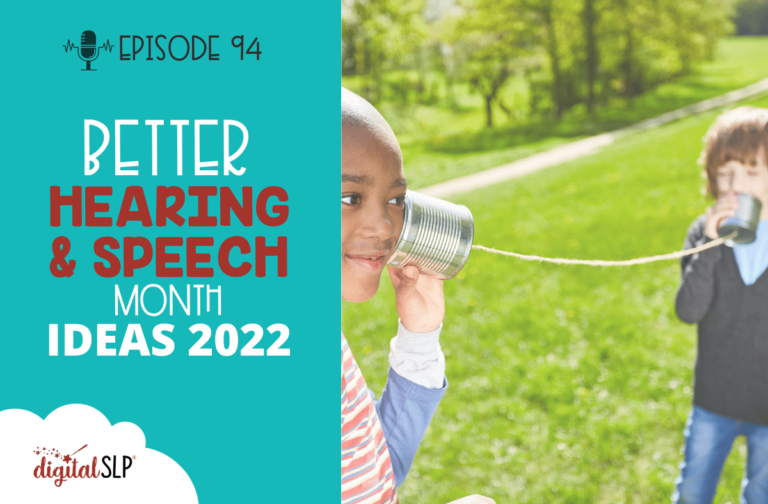
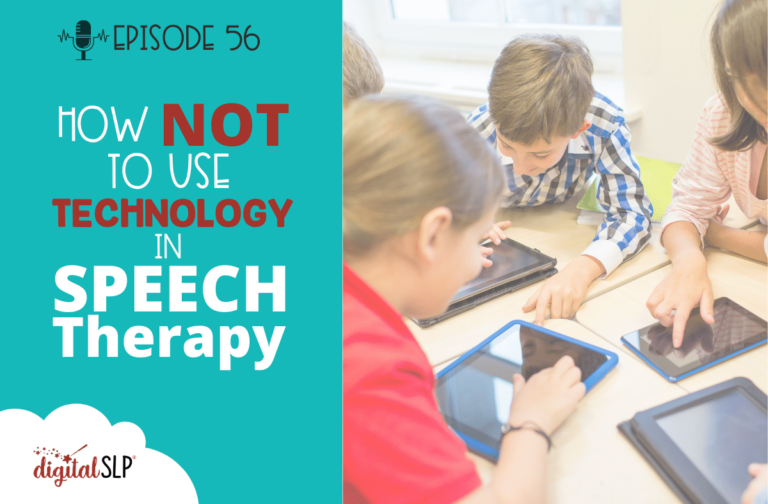
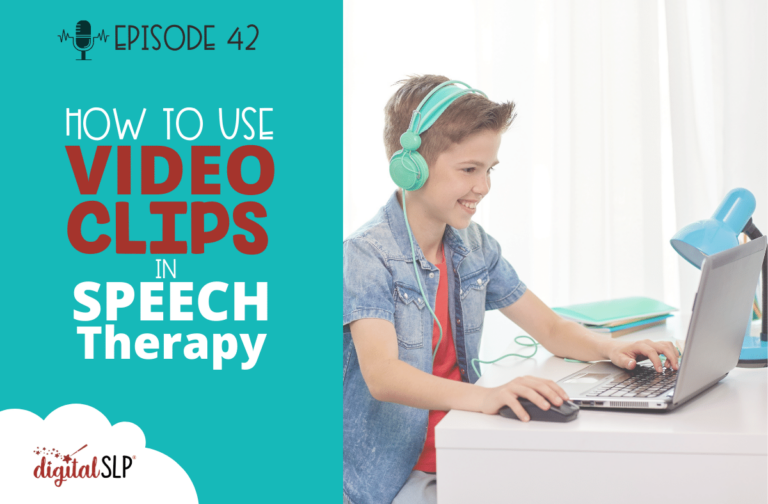
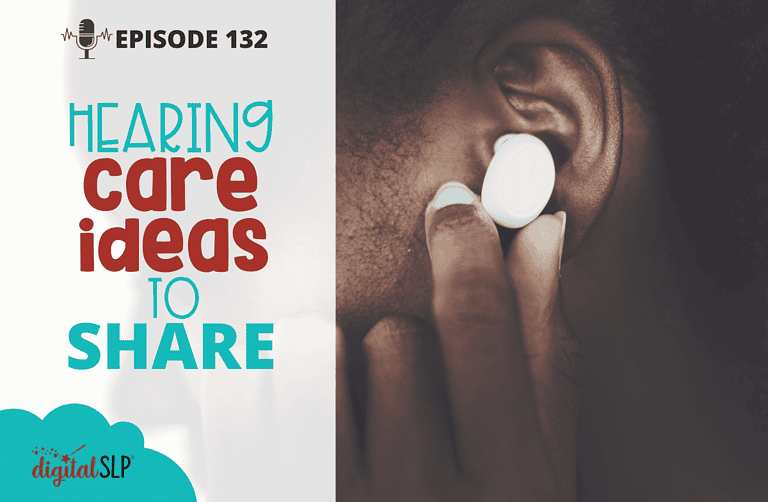
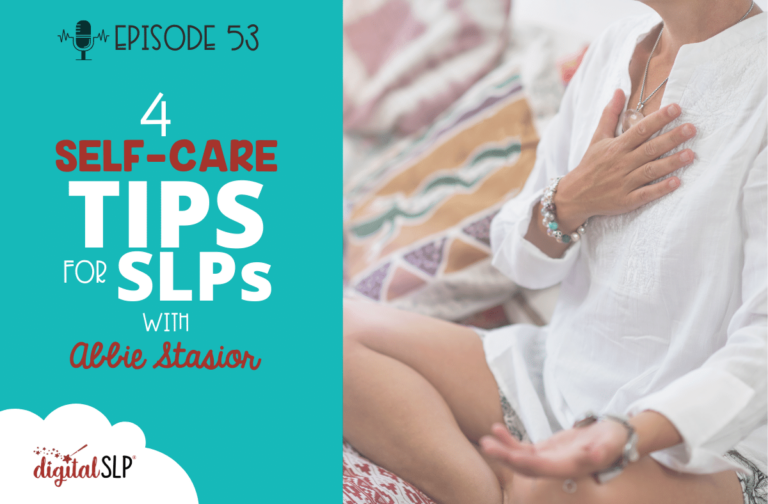

Recent Comments